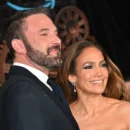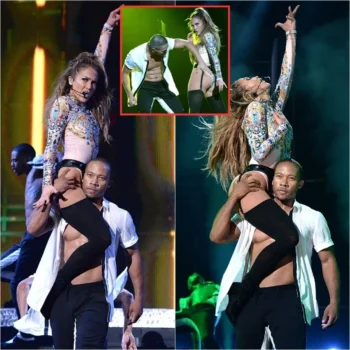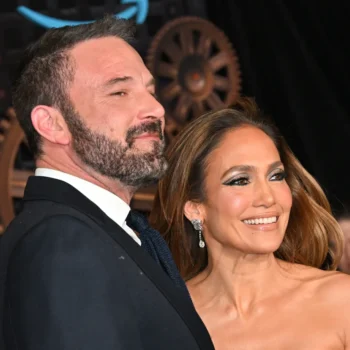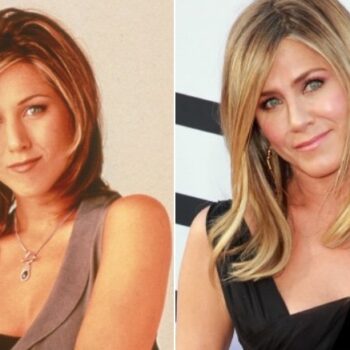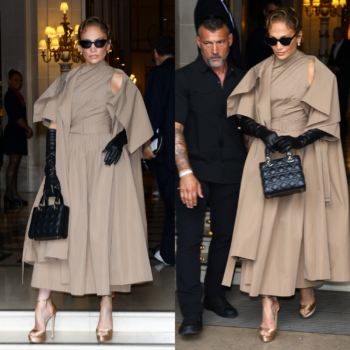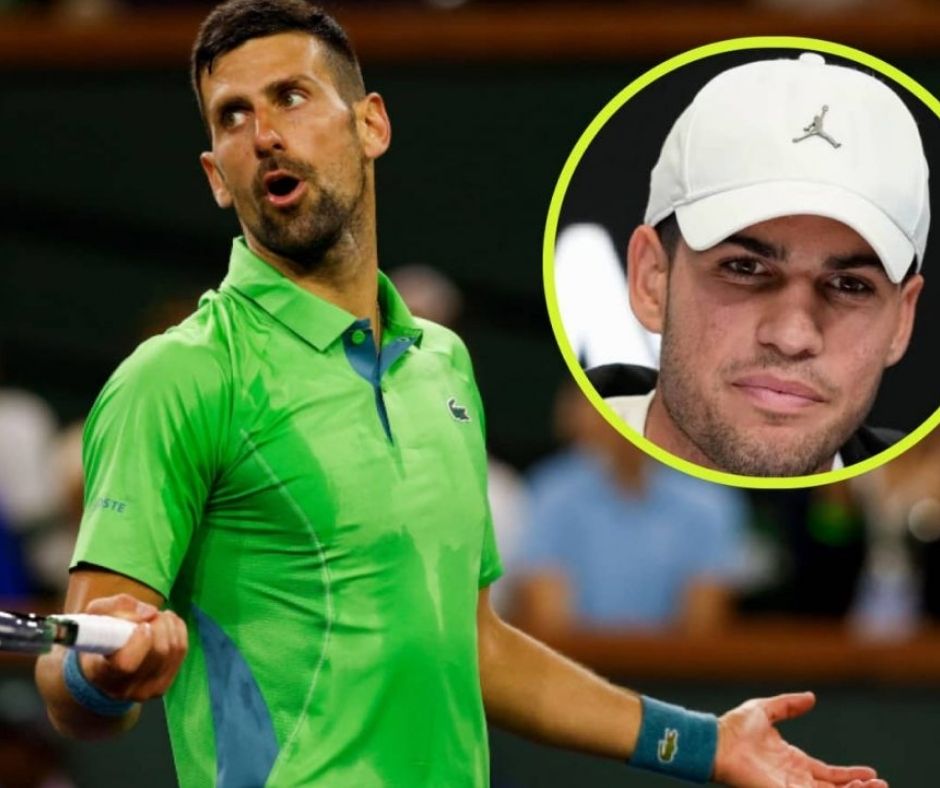
Carlos Alcaraz addresses whether Novak Djokovic is more vulnerable this year

Novak Djokovic and Carlos Alcaraz
The world No 3 highlighted the fact Djokovic has still had “very good” results this year and thinks questions over the tennis legend’s form come because “we are used to seeing him win everything.”
Following a dominant 2023 season, Djokovic has not yet performed at his imperious best in 2024 and has been unable to reach the final at any of the three events he has played so far.
The 24-time Grand Slam titlist was beaten by eventual champion Jannik Sinner in the semi-finals of the Australian Open in January. The 36-year-old then suffered a shock third round exit in Indian Wells last month at the hands of Italian lucky loser Luca Nardi.
At last week’s Monte Carlo Masters, Djokovic made an encouraging run to the semi-finals, where he was defeated by Casper Ruud. This was his best result at the ATP Masters 1000 tournament since winning his second title at the clay-court event in 2015.
In an interview with La Vanguardia, Alcaraz pointed to the sky-high expectations Djokovic has set when asked if the Serbian is now more vulnerable.
“He never is. Now he does not have exceptional results, although they are very good, with Grand Slam or Monte Carlo semi-finals. The thing is that we are used to seeing him win everything,” said the 20-year-old Spaniard.
The two-time Grand Slam champion also shed light on the injury that has forced him to withdraw from Monte Carlo last week and the Barcelona Open this week.
“It appeared on Friday, before starting Monte Carlo. It was a consequence of a change of balls and surface. At the beginning of training, I began to notice that my arm was feeling a little heavy,” explained Alcaraz.
“I didn’t give it any importance because I had already felt this feeling before, your arm feels heavy but you can continue perfectly. There was a change of balls, and on the first forehand I hit, I already noticed something was happening.
“I tried another one, just in case it was just the moment, and then I saw that, no, I couldn’t. I called the physio, I stopped training, we did tests and what I had came out.
“Honestly, I don’t know exactly [what the injury is]. The doctor takes him, I don’t want to give it too much importance. If I tell you it’s an overload, it still isn’t.”








